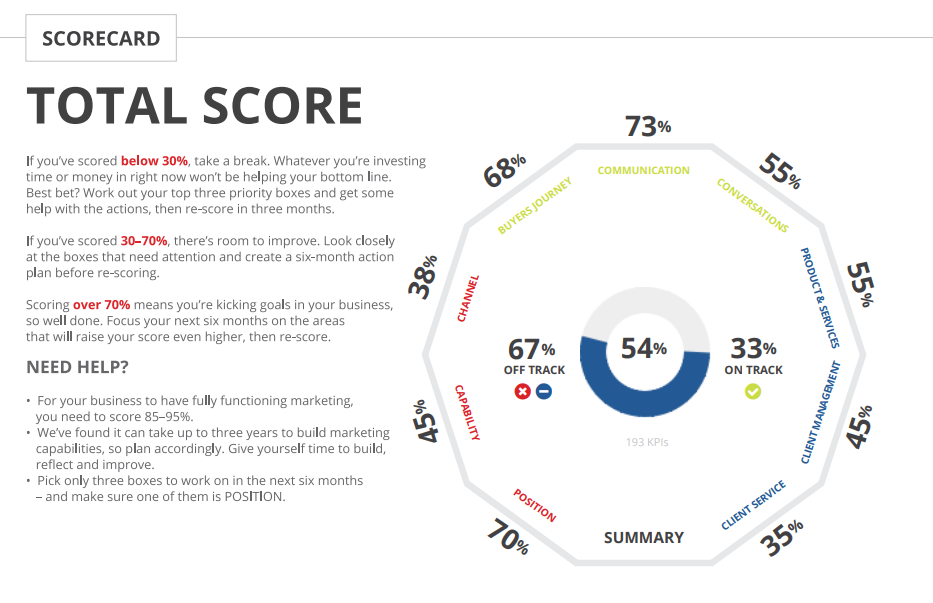Most business owners and managers keep a fairly close eye on their marketing budgets.
And nothing throws a budget out of whack faster than advertising.
Advertising, or paying good money to get your message in front of your target market, still has a place in your marketing mix, although it’s not quite as effective as it once was.
If you’re going to advertise, you need to be smart about it — or you can quickly find yourself with a blown budget and not much to show for it. Below are seven questions to ask yourself before writing out that check.
1. Do you need to generate customers/traffic/leads/etc. right away? If so, then you better pull out your wallet. Advertising is hands down the fastest way to get your message in front of your target market. (You’re paying for placement after all.)
2. Do you have another way to get the word out about your business? For instance, do you have a customer database or an e-zine list? If so, then you might be better off sending an e-mail (assuming you have customers’ e-mails). Although technically e-mail announcements fall under advertising, I’m not counting it in this particular case because it’s more or less free (or very low cost).
Perhaps you have a good news angle and a good relationship with a reporter. Or you have a high-traffic Web site and/or blog. Or maybe you’re an active volunteer with a large organisation and can use networking to get the message out.
But if none of those really apply, then you’d better take a closer look at advertising.
3. Do you need to augment your other marketing efforts? Maybe you have articles featured on a Web site targeted to your customer base. Great when your article is front and centre and not-so-great when your article is buried in archives. A little advertising on that site can keep you in your target market’s sight all the time. Or maybe you struck gold and got a big article written about your company in the perfect trade publication. Fantastic for that month and not-so-fantastic for the other 11 months of the year. Or maybe it’s taking you longer than you’d like to drive traffic to your Web site. Advertising is good for speeding things along.
Frequency is king when it comes to marketing — if you’re out of your customers’ sight, you’re probably out of their mind when it comes to buying time. Advertising is a good way to beef up or speed up what you’re already doing.
4. Are other marketing methods not appropriate in this situation? Let’s say you want to have a sale. But your customer database is small (or non-existent). Your Web site has minimal traffic. And you aren’t going to get any bites from the media since having a sale isn’t news. What do you do? Run some ads.
5 . Would you rather save time than money? Let’s face it. Running an ad is easy. Other marketing methods are more time-consuming. If you want your marketing to be easy, then advertising is about as easy as it’s going to get. (Now there is a caveat to this one, because you can hire people to do some of those marketing tasks, such as updating Web sites, running PR campaigns, etc. However, not everything can be hired out so you still might be stuck spending time you don’t have.)
6. Are you planning to test a new campaign or a new product/target market? Running small, inexpensive ads can be a good way to test certain marketing aspects before launching big, expensive, time-consuming campaigns. If you want to penetrate a new market or if you have a new product to launch or a new marketing message to try, buy some ads and see what the response rate is. Another strength of advertising is control — you have total control over your test.
7. Do other marketing approaches never quite measure up? It happens. Advertising in one or two specific media outlets seem to generate more sales and more leads then anything else you’ve tried. If that’s the case, then don’t mess with it. As the old saying goes, if it ain’t broke, don’t fix it.
Creativity Exercise — Advertising and your business
Is advertising right for your business? Try this exercise and see.
1. What’s your biggest marketing challenge right now? Write it down.
2. Go through the above list of questions and ask yourself each one. Does it apply to your situation? If it does, write that down too.
3. Do some brainstorming. In what ways can you use advertising to solve your marketing challenges? What media would work best? Online? Print? Radio? Television? Direct mail? Something else? Make up an ad for a variety of media.
Now do the exact opposite. Think of ways advertising WON’T work for your business. Brainstorm at least 25 reasons why advertising won’t work for your specific situation. Be silly. It’s a good way to loosen you up.
4. Go back and reread both your pro and con lists. Now read your ads. Do you like what you came up with? Do any of them resonate with you, even now after coming up with your list of objections?
You may have just come up with your next advertising campaign.


